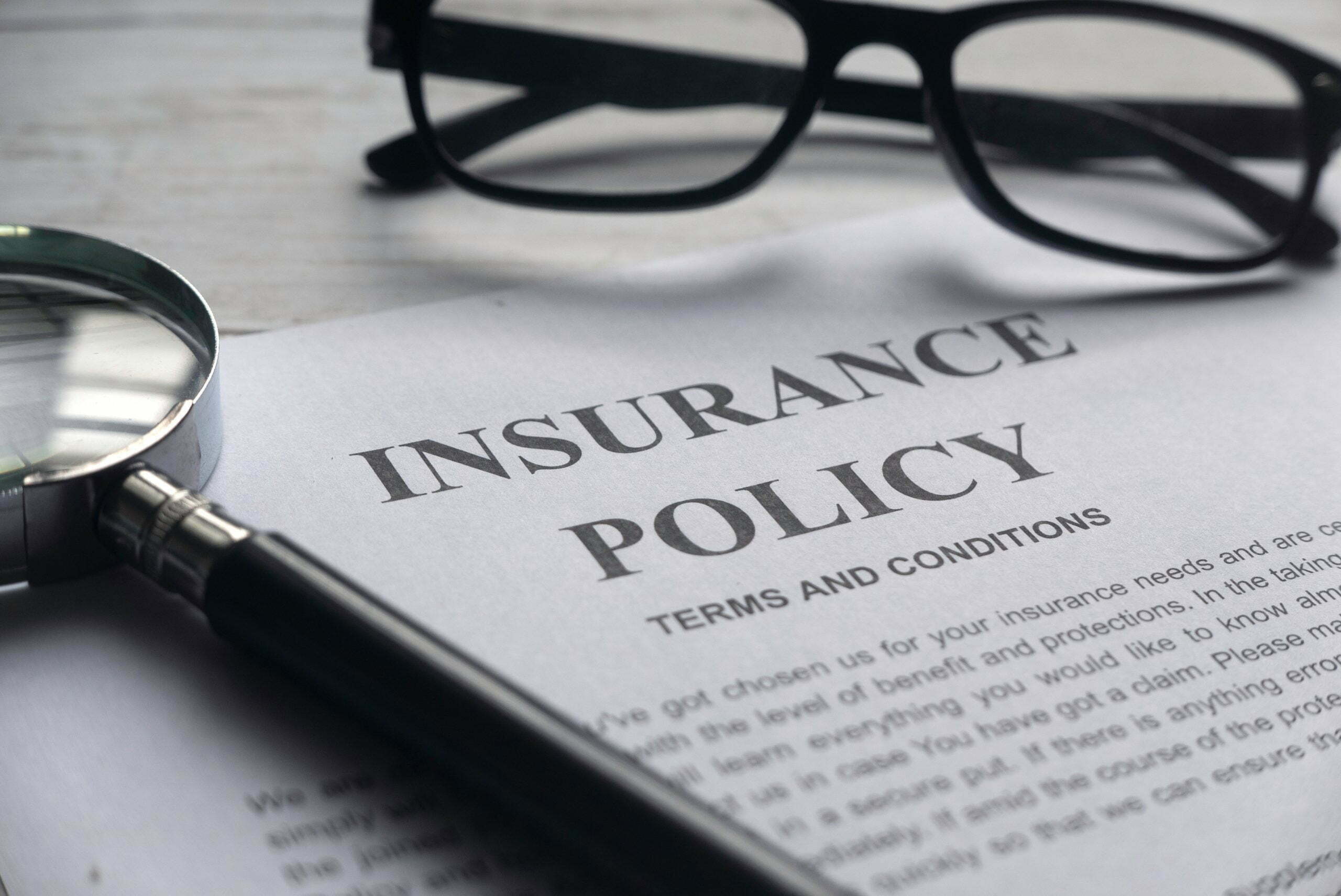There are many types of insurance policies meant to protect you from financial loss. Different plans cover various parts of your life, from health insurance and homeowner’s insurance to auto and disability coverage. Insurance is like a seat belt in your car meant to keep you safe if something unexpected happens. While you hope not to rely on your seat belt, you still wear it in the car just in case.
Life insurance is another type of coverage that provides a financial safety net. Unlike other policies, however, life insurance is unique in that policyholders pay premiums to ensure that a death benefit is paid to their beneficiaries should the unexpected happen. The death benefit is paid to designated individuals if the policyholder passes away. This is a lump sum of money that can be used to pay off debts, cover final expenses, take care of other financial obligations, or serve as supplemental income for dependents.
To determine which type of life insurance policy is right for your situation, you need to consider several things. There is an abundance of quality policies and coverage options from reputable companies like United of Omaha Life Insurance Company that you should investigate. Aside from this, your major consideration will be the type of policy you need. Let’s take a look at term life versus permanent life insurance coverage.
Term Life Insurance

A term life insurance policy is generally the cheapest type of coverage and provides temporary coverage. As the name suggests, term insurance offers coverage for a specific term or length of time. Typically, you can find policies that are valid from 10 to 30 years. The policy will provide coverage for the selected term if you continue to make premium payments. These types of policies don’t build any cash value over time but often offer large coverage amounts.
The majority of individual term policies have level premiums, which means you will pay the same amount every month. When the term expires, you will have to go without coverage or invest in a new policy. By the time your 25-year policy expires, you will likely pay a higher price for new coverage since policies get more expensive with age. However, many providers will allow you to extend your policy or even convert a term policy to permanent life insurance. People generally select term life coverage to provide coverage during the years that they have a mortgage and dependent children to care for.
Permanent Life Insurance

A permanent life insurance policy will be valid for your life if you continue to make premium payments. Since these policies are valid for a longer period, permanent plans tend to be more expensive. However, with a permanent life insurance plan, like whole life or universal life insurance, you are also making a financial investment for possible future use. These policies are sometimes known as cash value life insurance policies because they have a built-in savings plan. Over time, your permanent life insurance will grow in tax-deferred cash value. Eventually, you could have the option to withdraw or borrow against the policy’s value.
Like term life insurance, a permanent policy will be less expensive to purchase when you are younger. Additionally, a permanent life insurance policy purchased at an early age can accumulate considerably over the long term. If held long enough, you might even be able to supplement your retirement income with your policy’s cash value. A permanent life insurance policy provides death benefit coverage and serves as part of your family’s larger financial plan.
Life insurance premiums are based on certain risk factors that significantly impact your rates. No matter if you are looking for a permanent or term life policy, you will want to look around and compare shops to find the best plan and rates for your needs.









